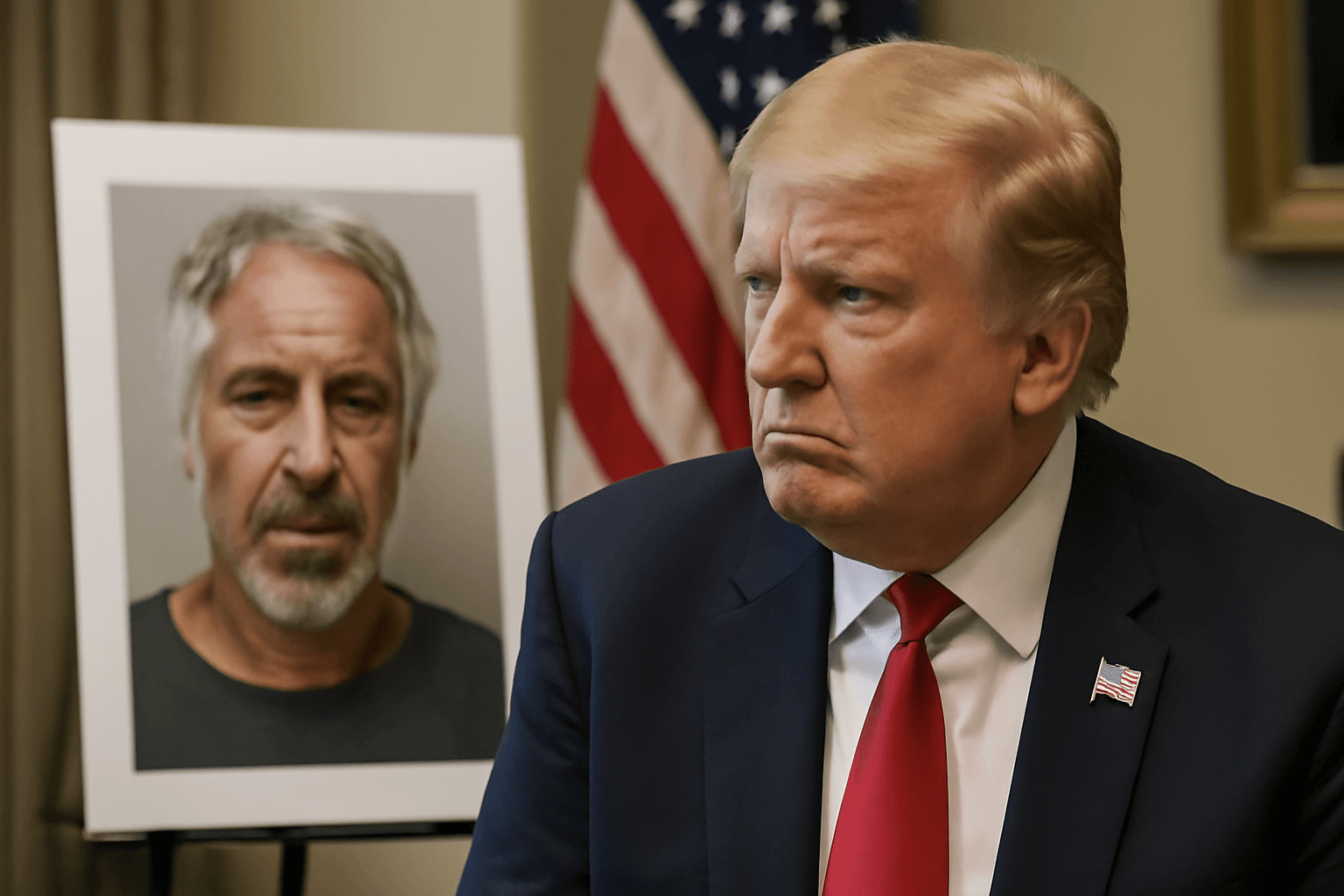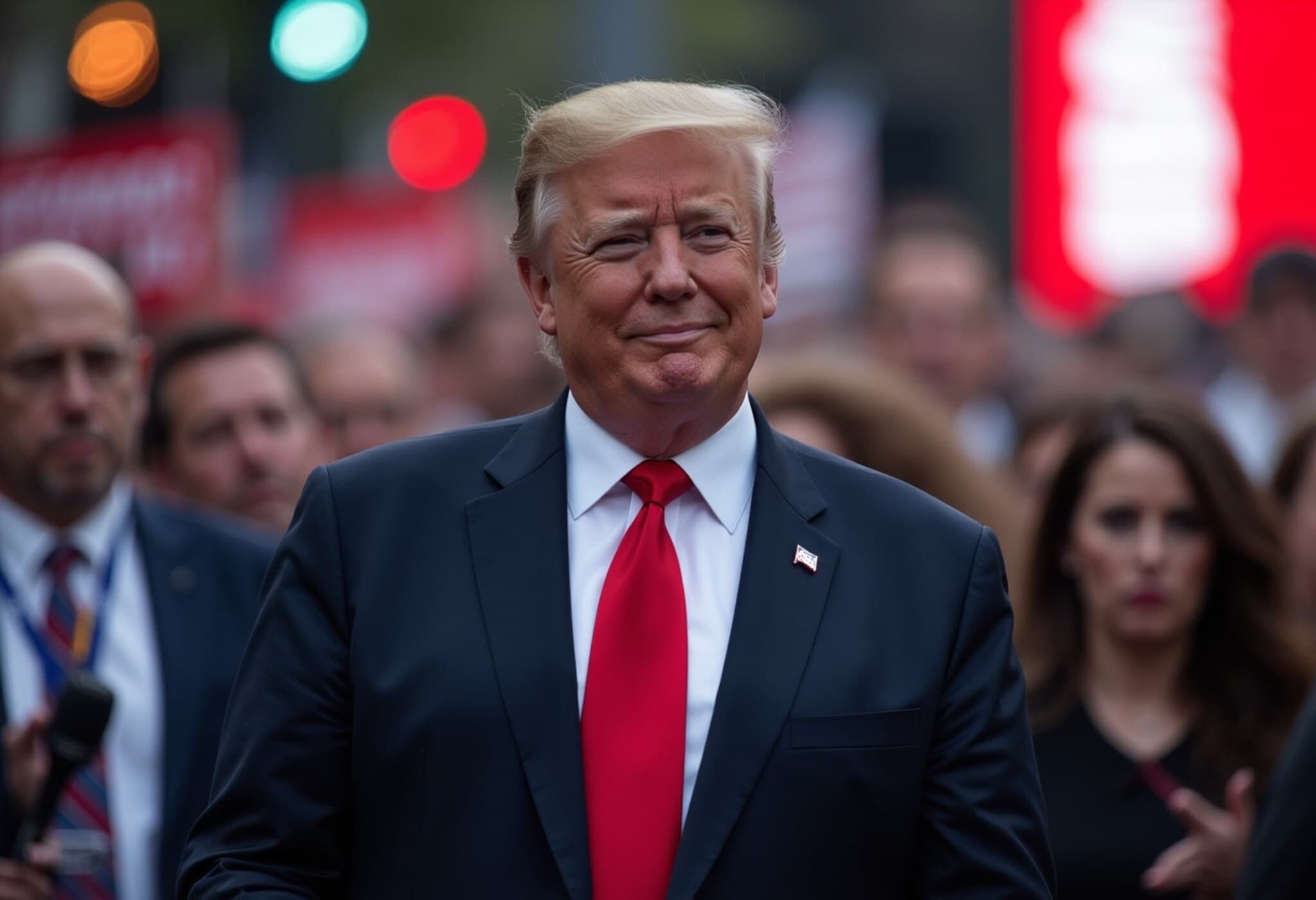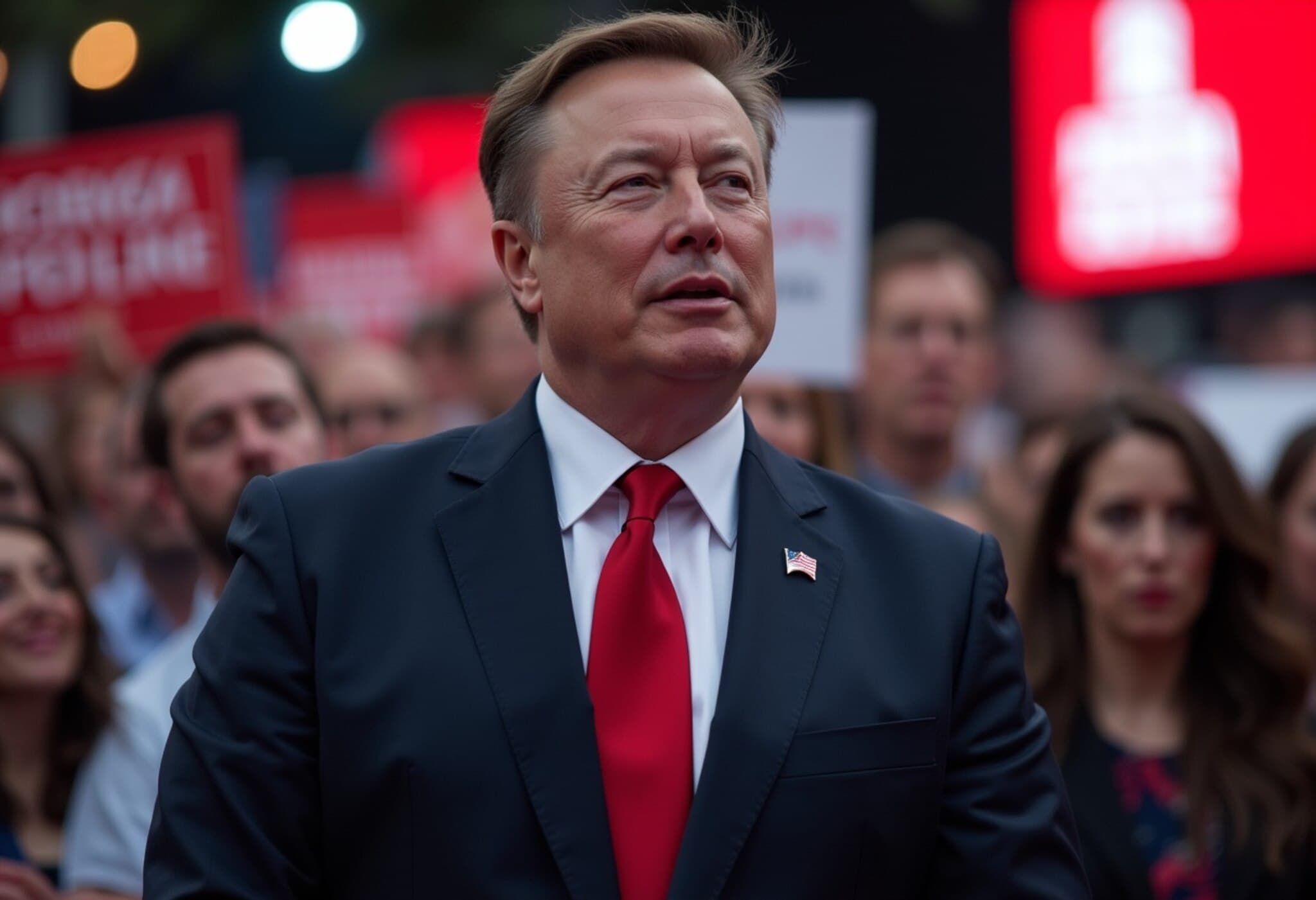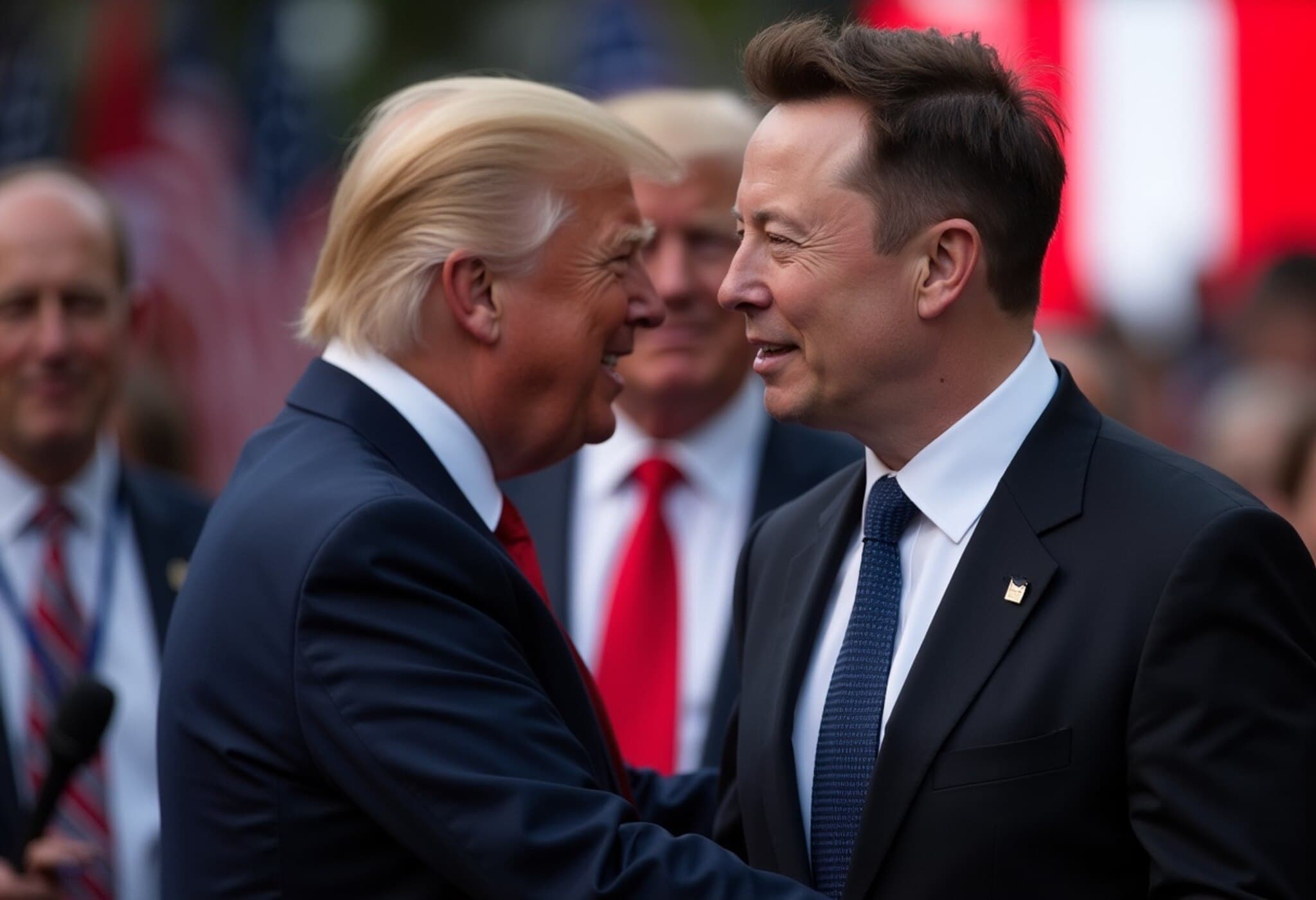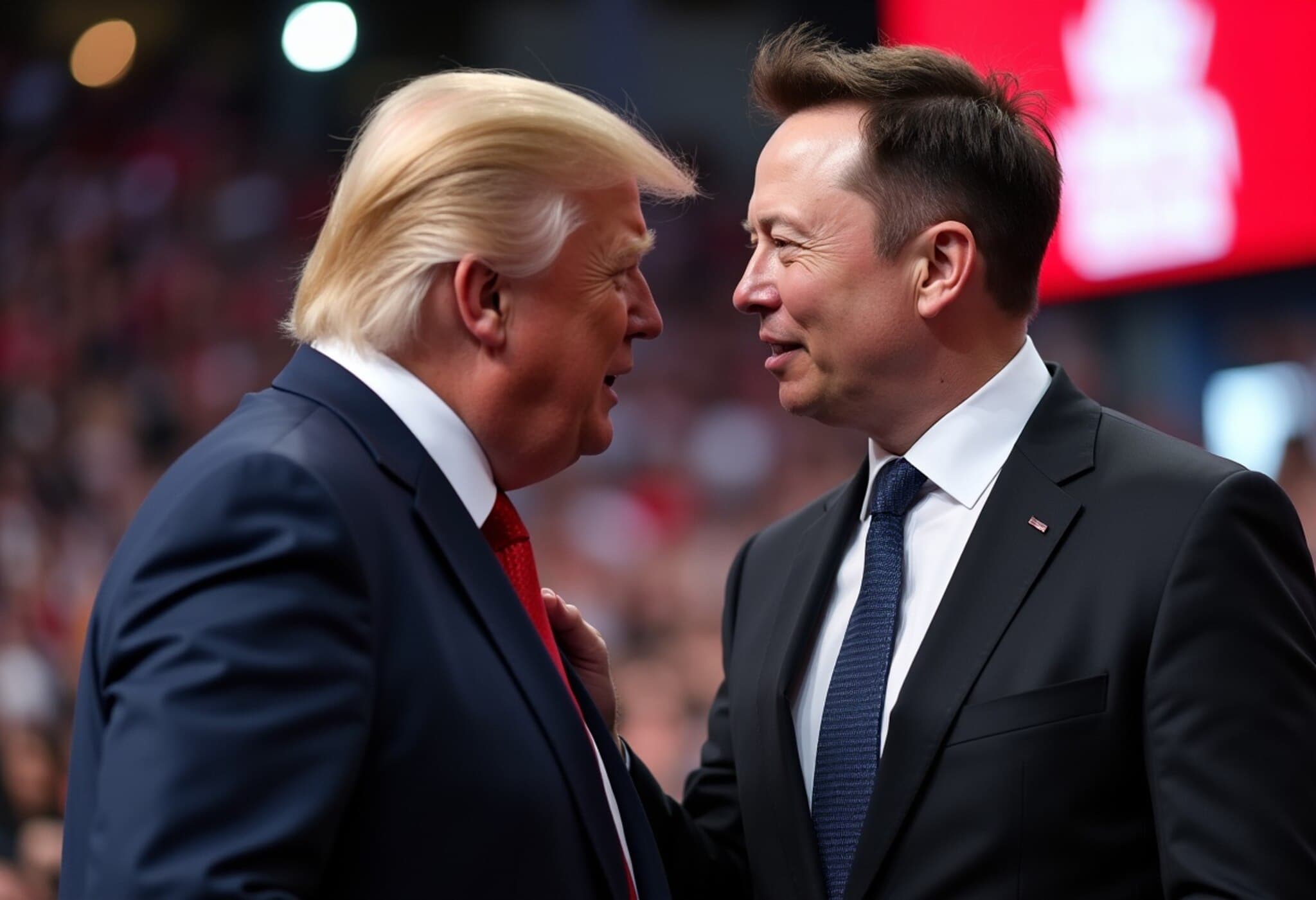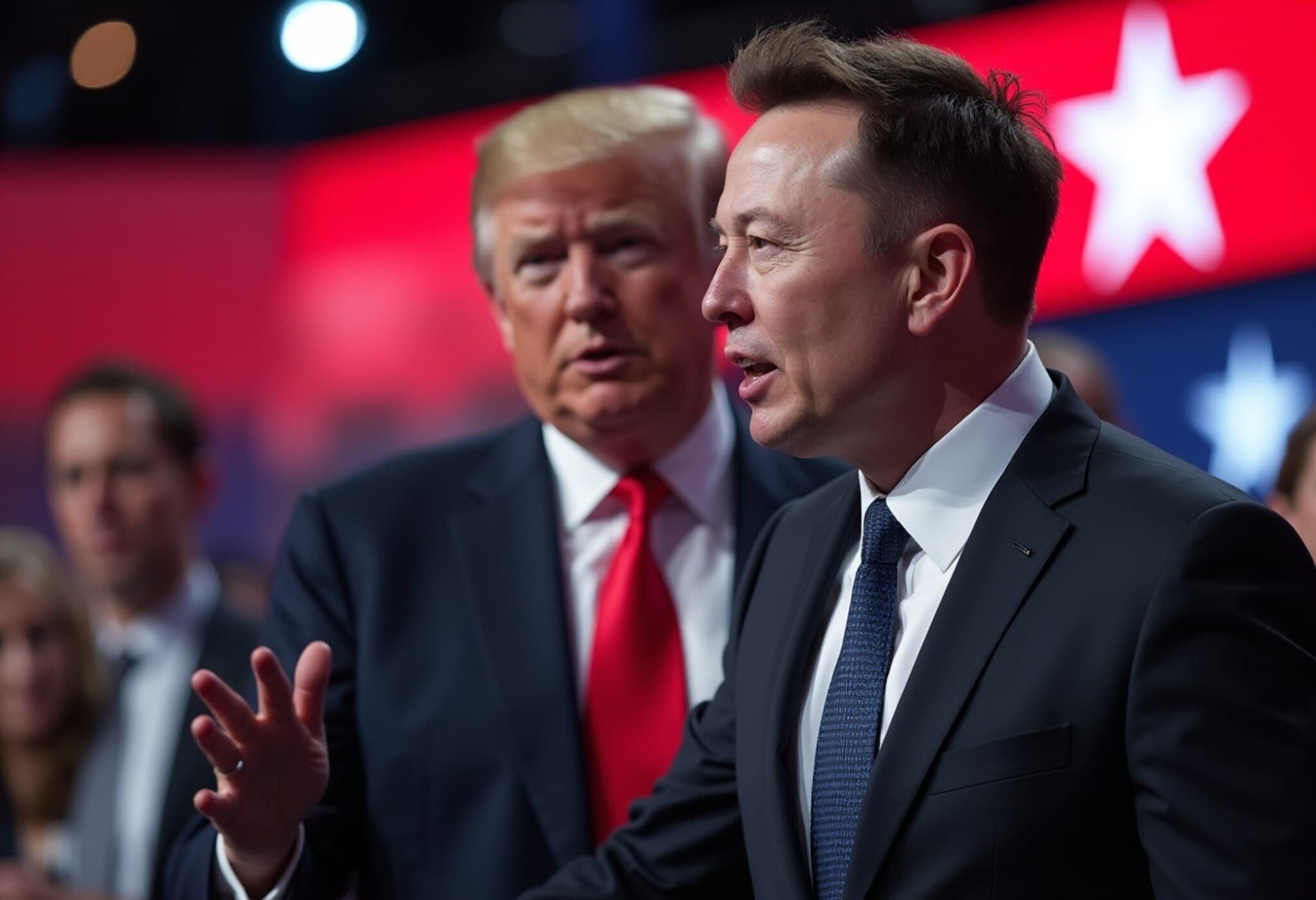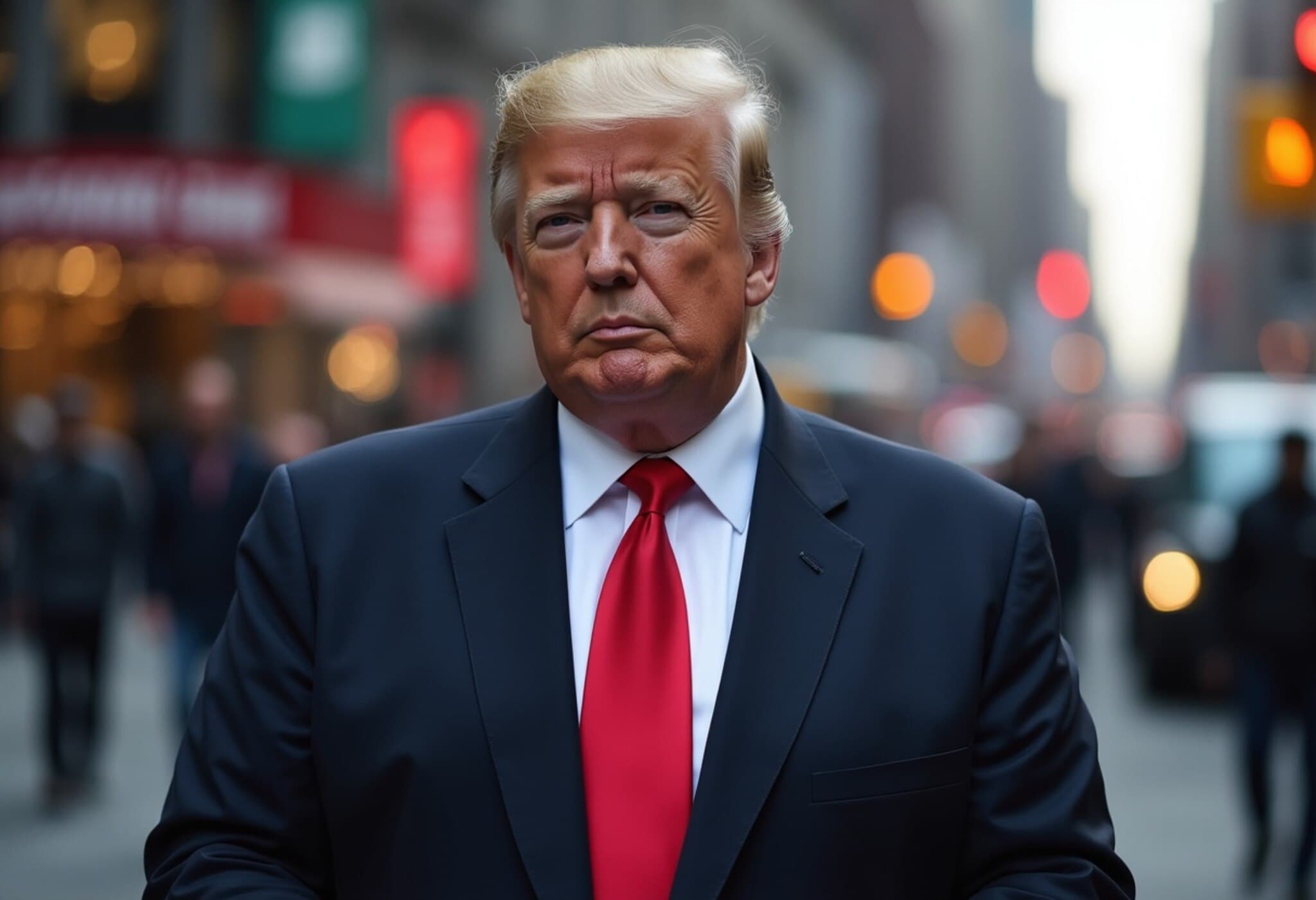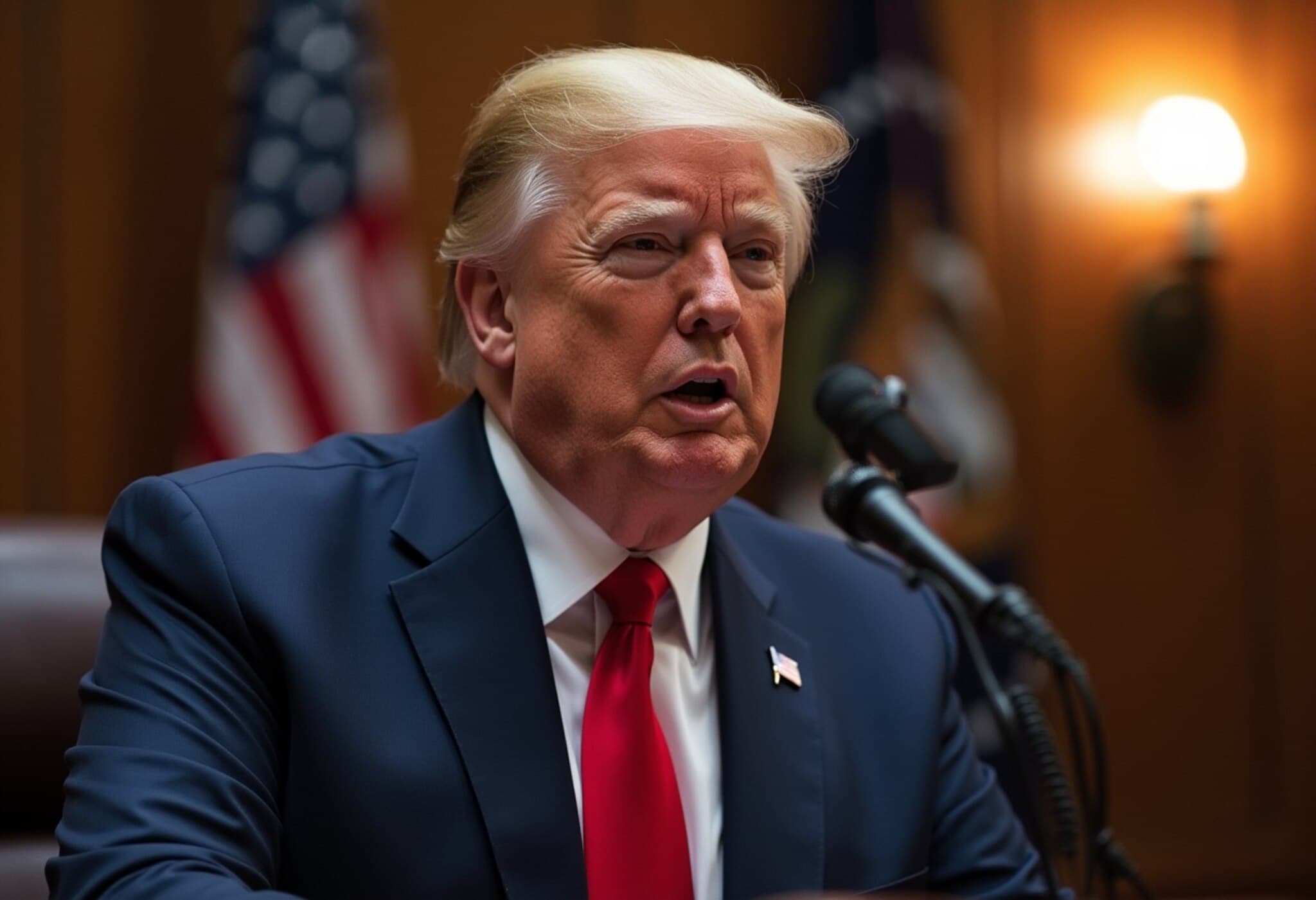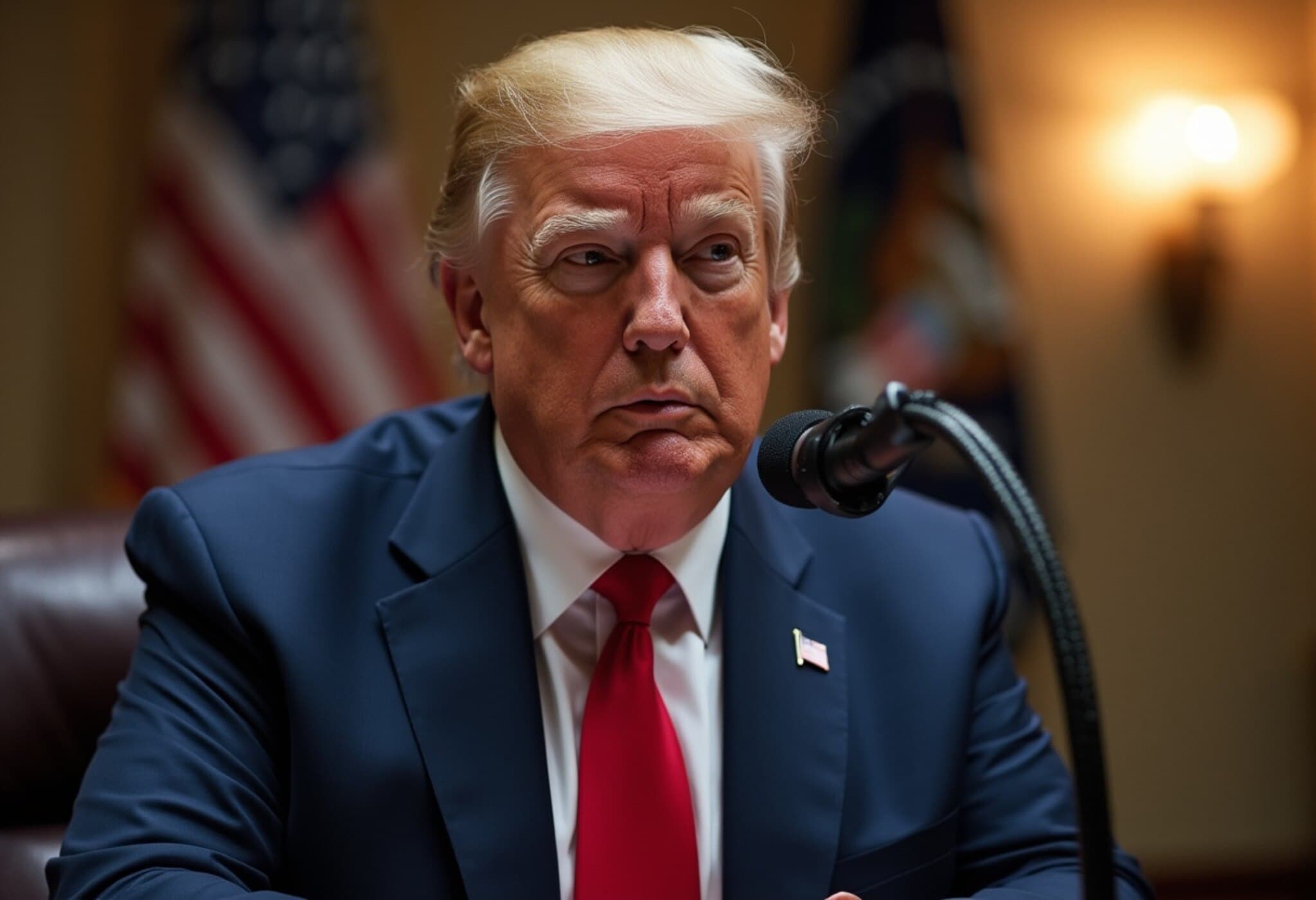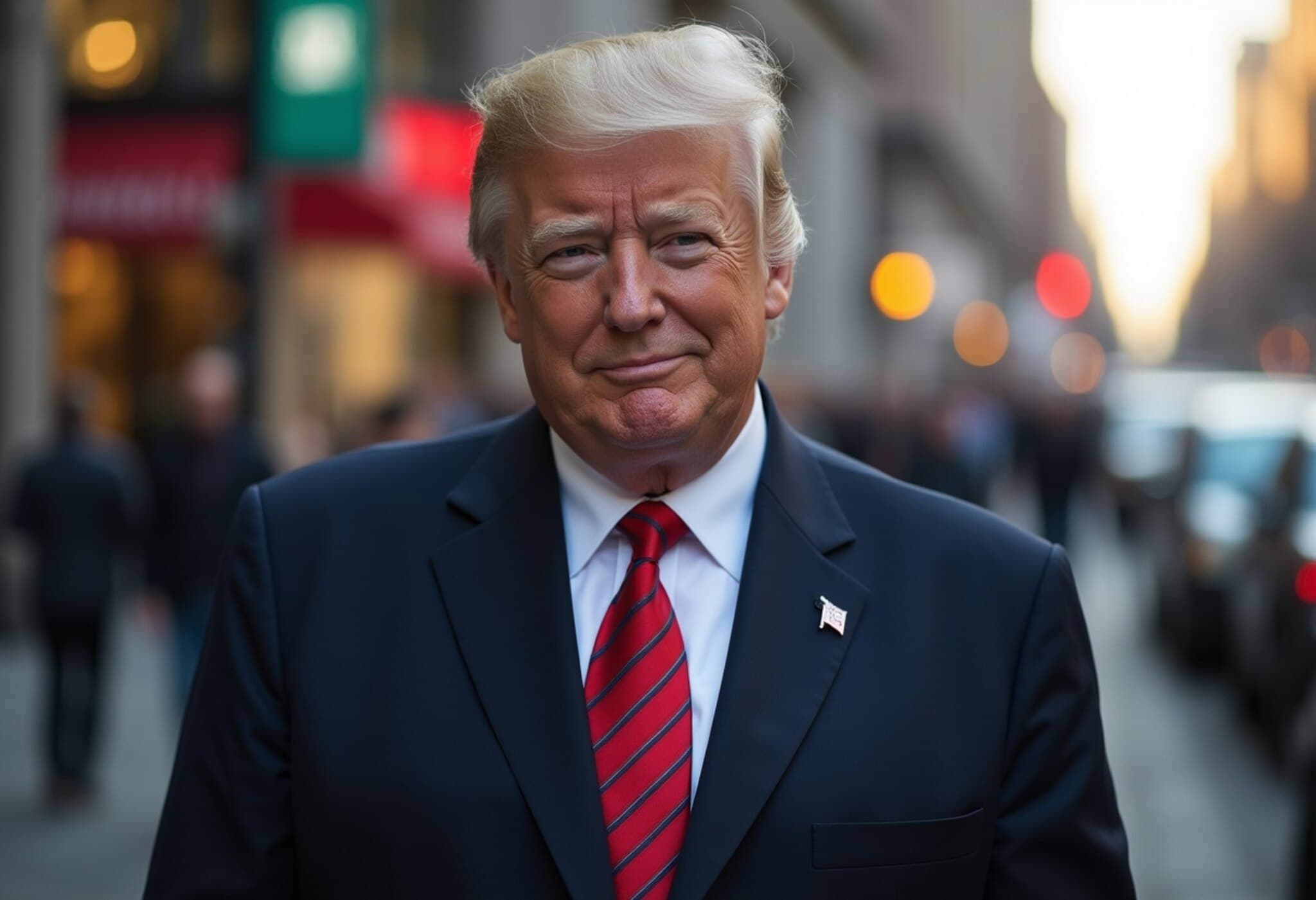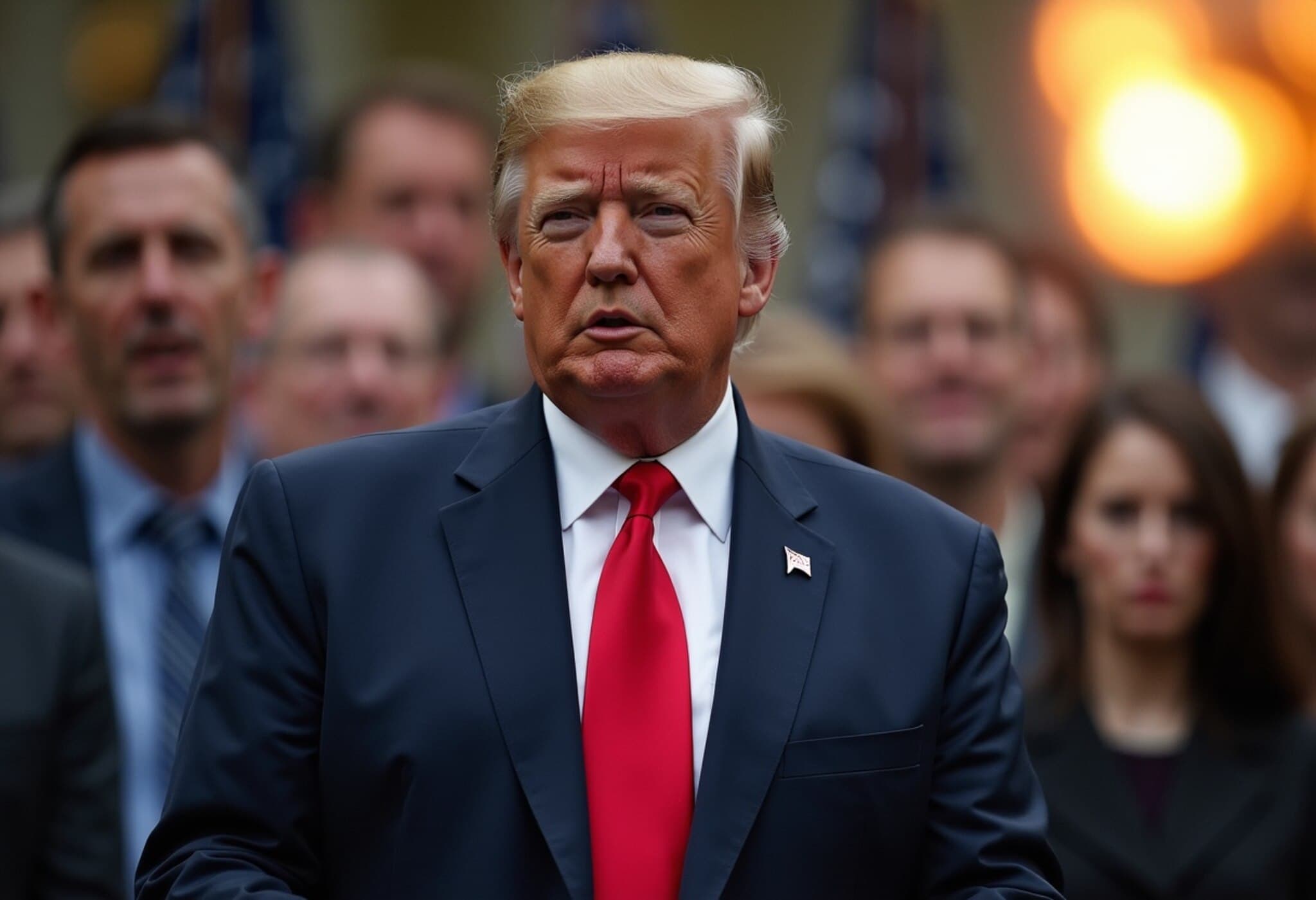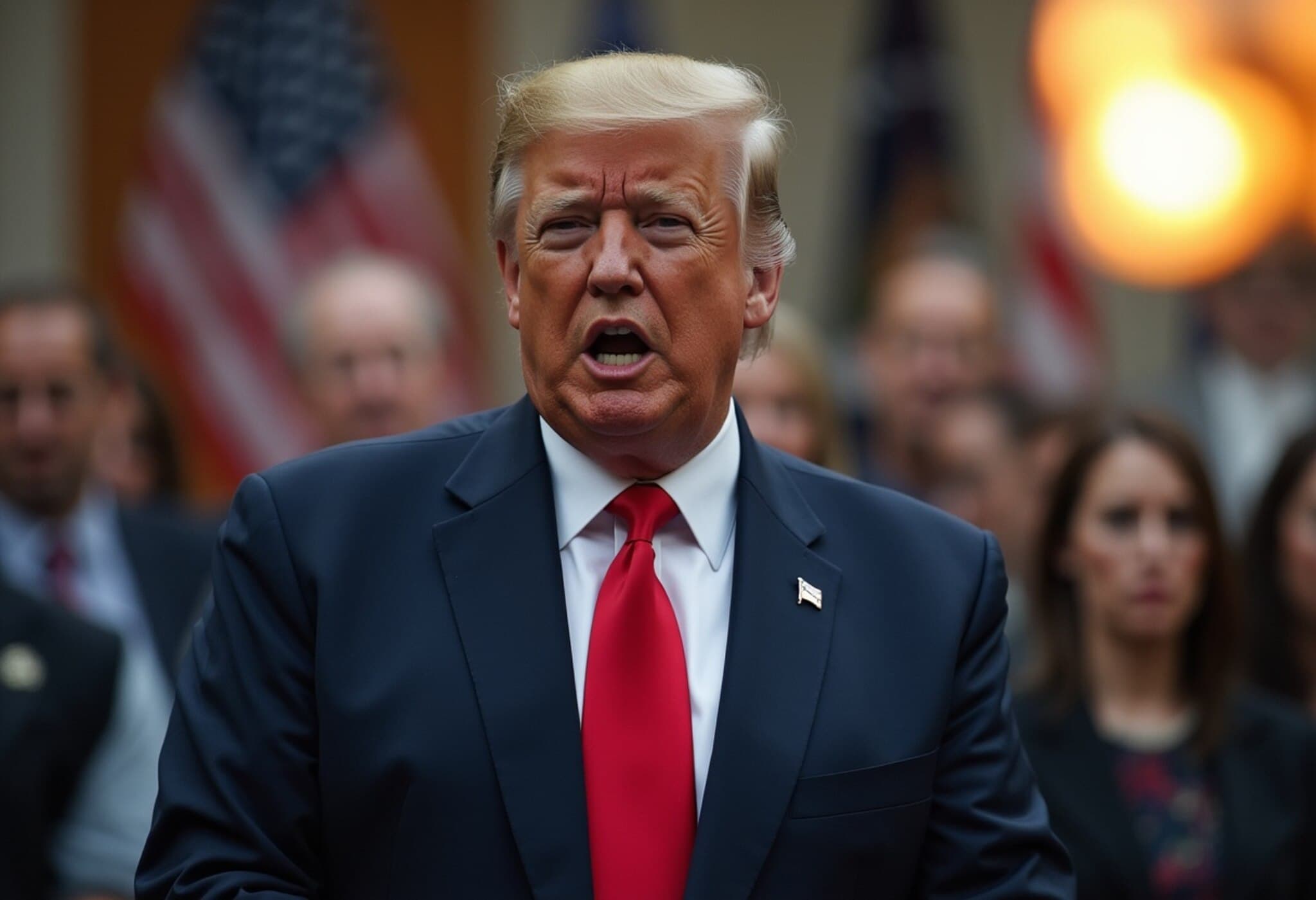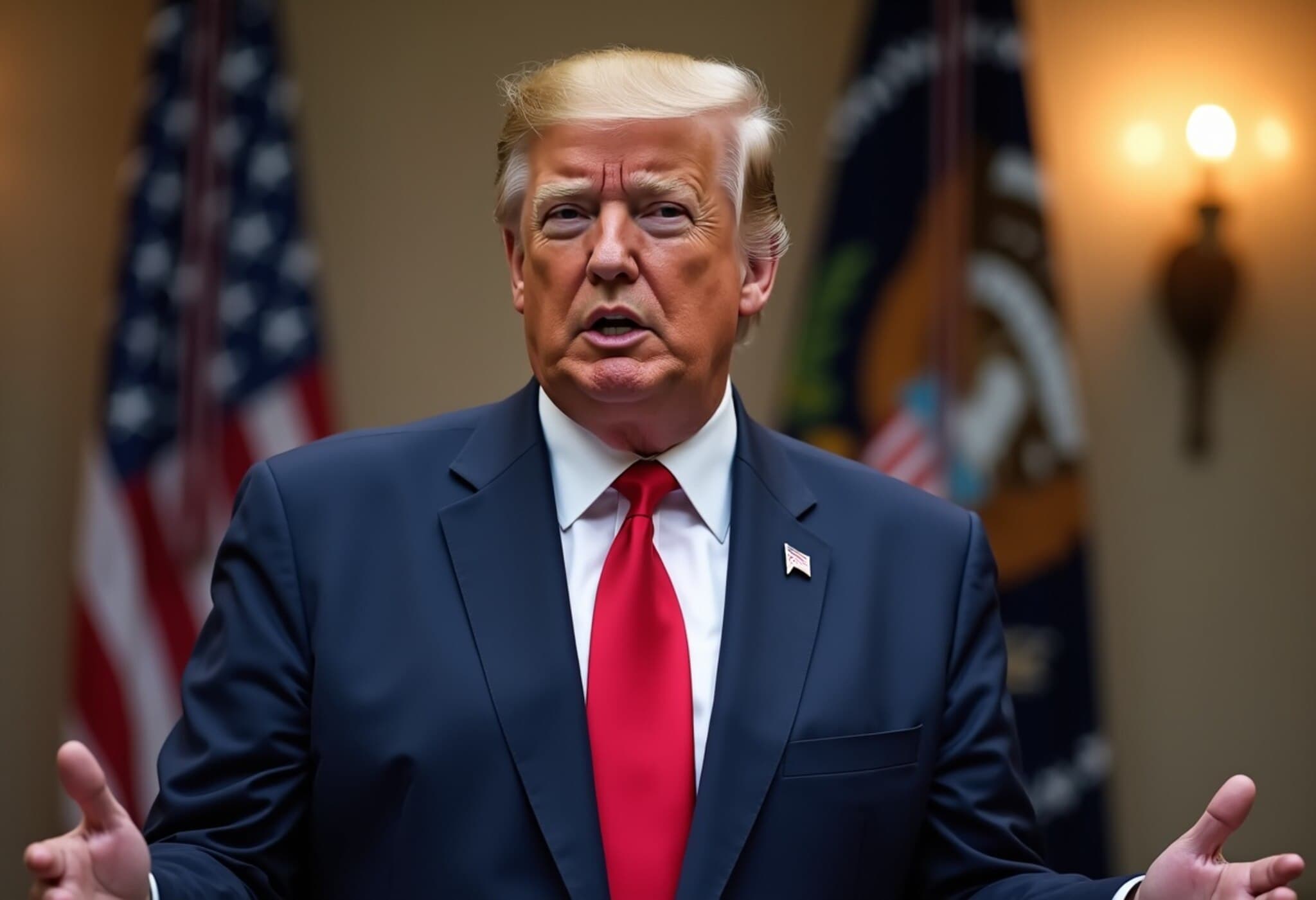From "Drain the Swamp" to Epstein Files: The Fracturing of MAGA Loyalty
Donald Trump has long crafted an image as the indomitable maverick in American politics—a figure who can shrug off controversies from impeachment trials to criminal indictments, emerging more powerful each time. Yet, as the turbulence around the Jeffrey Epstein case reignites, the once rock-solid base of his Make America Great Again (MAGA) movement shows signs of splintering, revealing doubts not from political adversaries but from within his own ranks.
Once a narrative tightly controlled by Trump’s team, the Epstein files have become a volatile fault line, shaking the foundations of MAGA allegiance and exposing tensions about transparency, accountability, and loyalty.
The Epstein Files Resurface: Catalyst for a New Internal Reckoning
The Epstein scandal—historically sidelined or dismissed within MAGA circles—has reemerged with renewed vigor, not driven primarily by liberal critics or the mainstream press, but by voices inside the conservative ecosystem. This resurgence challenges Trump’s long-standing ability to control the story and, for the first time in years, has revealed fractures within his support base.
On his platform, Truth Social, Trump stunned many by disparaging his own supporters who demanded full disclosure of the Epstein documents. He labeled them "weaklings" and accused them of falling for "bullshit, hook, line, and sinker." This uncharacteristic tone angered longtime allies and even led to silence from usually unwavering channels like the Trump War Room, underscoring the discomfort festering inside his political camp.
The New Dissidents Within MAGA
This discord has carved out a new faction within the movement—those who insist on shining a light into the shadows of power rather than shielding elites. Leading this charge are figures like Representative Marjorie Taylor Greene and libertarian Thomas Massie, who have jointly pushed a discharge petition to compel a House vote on releasing Epstein-related files. Greene compared protecting those implicated to endorsing pedophiles, underscoring the moral urgency driving their campaign.
Similarly, Michael Flynn has amplified conspiracy theories around foreign intelligence ties, suggesting a deeper political cover-up involving prominent figures. Media personalities once stalwart supporters of Trump, including Mike Cernovich and Jack Posobiec, have publicly questioned whether Trump remains true to his anti-establishment promises.
In a significant development, Tucker Carlson—formerly the mouthpiece for MAGA’s core narrative—has reengaged with the Epstein saga on his independent show, insinuating intelligence agency involvement and administrative cover-ups. Even Elon Musk, a figure who flirted with MAGA alliances before distancing himself, sharply criticized Trump’s refusal to release the files, casting doubt on whether the former president’s name appears among Epstein’s clients.
The Guardians of the Official Line
Contrasting sharply with this insurgent faction, Trump loyalists have defended the decision to keep the Epstein files sealed, emphasizing legal and ethical constraints. Attorney General Pam Bondi, a close Trump confidante, assured the public that the withheld documents either contain non-incriminating information or sensitive content unsuitable for release. Kash Patel, a prominent Trump legal adviser, dismissed the renewed focus on Epstein as media manipulation aimed at undermining Trump’s political standing.
Meanwhile, some prominent MAGA figures have skirted around the issue entirely. Steve Bannon, previously pivotal in shaping populist messaging, has avoided the Epstein topic, channeling his energies into anti-China rhetoric. RNC co-chair Lara Trump and conservative commentator Charlie Kirk framed the Epstein discussions as distractions meant to divert attention from President Biden’s challenges, signaling a tactical pivot within the movement.
Strategic Silence and Emerging Challenges
A third, quieter group within MAGA opts for strategic ambiguity. Vice President J.D. Vance’s silence amid the Epstein controversy has been notably conspicuous, prompting public calls for clarity from MAGA-friendly commentators. The persistence of voices like Carlson and Musk signals potential for evolving dissent that could either fizzle out or catalyze further internal upheaval.
A Rare Bipartisan Effort to Unlock Epstein Files
The Epstein files controversy has transcended party lines, with Representative Ro Khanna—a progressive Democrat and potential 2028 presidential candidate—joining forces with Republican Thomas Massie in a bipartisan initiative to legislate the declassification of Epstein-related government documents. Backed by substantial Democratic and Republican support, this alliance reframes Epstein not just as a scandal but as a symbol of systemic elitism that fueled Trump’s initial rise.
Such bipartisan pressure poses a significant strategic challenge for Trump and his administration, who have so far resisted calls for transparency or special counsel investigations. Although whispers swirl within the Justice Department about the possibility of appointing a special counsel, legal complexities and conflicts of interest have stalled any official move.
Firing of Key Prosecutor Adds Fuel to the Fire
Adding to public skepticism, the dismissal of a key prosecutor involved in the Epstein and Ghislaine Maxwell cases—who is also the daughter of former FBI Director James Comey—without public explanation has only magnified conspiracy theories and navigated the story into even murkier waters.
Conclusion: Trust Eroded and a Movement at a Crossroads
Donald Trump’s ascent was fueled by a promise to upend entrenched power and champion the forgotten American. Yet, the Epstein files controversy exposes a rare moment where his base questions whether he remains the fearless outsider or has become entwined within the establishment he once vowed to dismantle.
The Epstein scandal is no longer just a matter of leaked documents or political smears; it symbolizes a fundamental crisis of faith for many within MAGA. The "drain the swamp" rallying cry now echoes hollow for those who fear the pond has only changed its gatekeeper.
As the political and legal drama unfolds, one thing becomes clear: Trump faces a unique type of scrutiny—one that doesn’t come from adversaries, but from loyalists demanding accountability. How this internal reckoning reshapes MAGA’s future and Trump’s legacy remains an electrifying question heading into the next election cycle.
Editor’s Note:
The Epstein files controversy highlights a broader American dilemma—how to balance transparency with legal protections, and how political movements can fracture when foundational promises seem compromised. For policymakers and voters alike, this saga underscores the urgent need for institutional trust and the perils when it erodes. As tensions rise within MAGA, readers are invited to consider: Can a movement survive when its core loyalties are fractured from within? And what does this mean for accountability in America’s power corridors?

